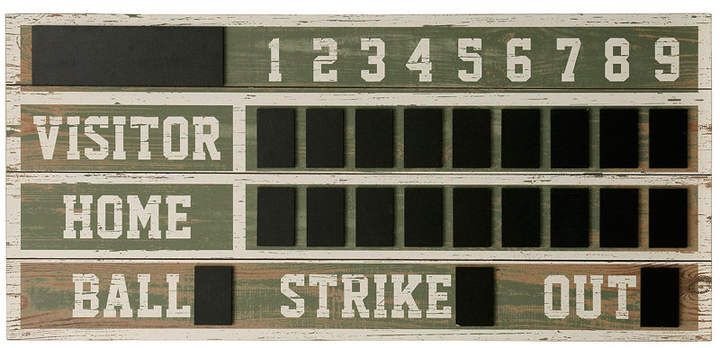People play differently when they are keeping score.
At the Level Up Mastermind, we have integrated a new productivity system for our members called the 4 Disciples of Execution, or 4DX for short.
The entire system is designed to ensure that you and your team achieve your wildly important goals in business and life.
What’s a wildly important goal? It’s a goal that you would have never achieved without the additional focus that the accountability system provides.
The intention of the productivity system that is used by over 100,000 teams around the world in business, government, and education is to bring more clarity to your daily whirlwind of activities so that you are way more focused on the activities that will affect your bottom line, and subsequently the quality of your life.
The most important activities that move the ball down the field are called lead measures. They are the real work activities that can be influenced by how much effort you put in.
The results of those activities, the scores, are kept and known by the whole team, as well as adjacent teams.
The results being measured could be revenue targets, could be deals closed for the month, or it could be personal goals like pounds released from the body.
The over-arching, wildly important goal that is selected is quantified as X to Y by Z.
What this equation says is: measure your starting point, your destination, and when you will get there by.
Do you remember the last time you watched an initiative die in the workplace?
Did it go down with a loud crash? Or was it slowly and quietly suffocated by other activities?
The latter is much more likely.
When it did disappear from the team’s radar screen, it was like nobody even noticed and the once cherished priority is now no longer even talked about.
That happens all too often. At Level Up, we are putting an end to “goal drift.” That’s when the whirlwind of daily activities devourers all the time and energy needed to achieve those goals that once mattered.
To achieve giant, massive, life-changing goals, the focus on fewer things, not more things, has to be there.
“We are the most focused company that I know of or have read of or have any knowledge of. We say no to good ideas every day. We say no to great ideas in order to keep the amount of things we focus on very small in number so that we can put enormous energy behind the ones we do choose. It’s not just saying yes to the right products, it’s saying no to many products that are good ideas, but just not nearly as good as the other ones.” -Tim Cook, CEO Apple Inc.
Introducing the Level Up Scoreboard

People play differently when they are keeping score because it means they are engaged, accountable, and they want to win!
It’s part of our human nature. Nobody likes losing. Nobody likes receiving failing grades.
When players really dig in and take ownership of how they are being scored a touch of magic enters the playing field, whether that playing field looks like office space, a zoom room, or an in-person meeting, you can bet that they will try their best to hit their lag measures so the probability of scoring goals, closing deals, boosting revenue is extremely likely.
The Level Up Scoreboard is:
-
Simple
-
Always visible to Level Up Members through the Member’s Portal
-
Shows the results for each week
-
Makes it very easy to see who is winning and who is losing
That last one, number 4, is what makes the entire system work.
When the players truly feel it is game on, and everyone knows the score – coaches, players, and spectators alike – they will play differently. They will be plugged into the events of the game and emotionally invested in performing and winning.
Picture a high school football game, and the scoreboard that week is broken. The spectators will start to tune out. Why? Because they don’t know the score. The movements of the players and the ball begin to look like meaningless activities that are just filling time. Sound familiar?
Without a scoreboard, it’s not a game and thus players become disengaged. This is why gamifying your operation is effective.
A very relatable example of this is credit card reward points. The incentive structures are there and it’s easy for people to follow and execute on.
Other examples of this are frequent flyer miles, rewards systems at local businesses like coffee shops, and improving your profile strength on LinkedIn so you become a Superstar.
At Level Up, we are keeping score and our wildly important goals are thanking us.
If you are interested in playing a bigger game in life and joining our team , we are now reviewing applications for Q1 in January.
